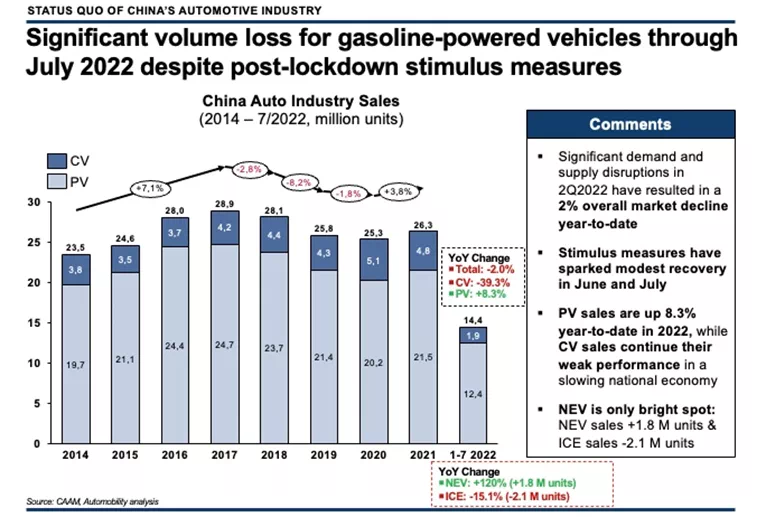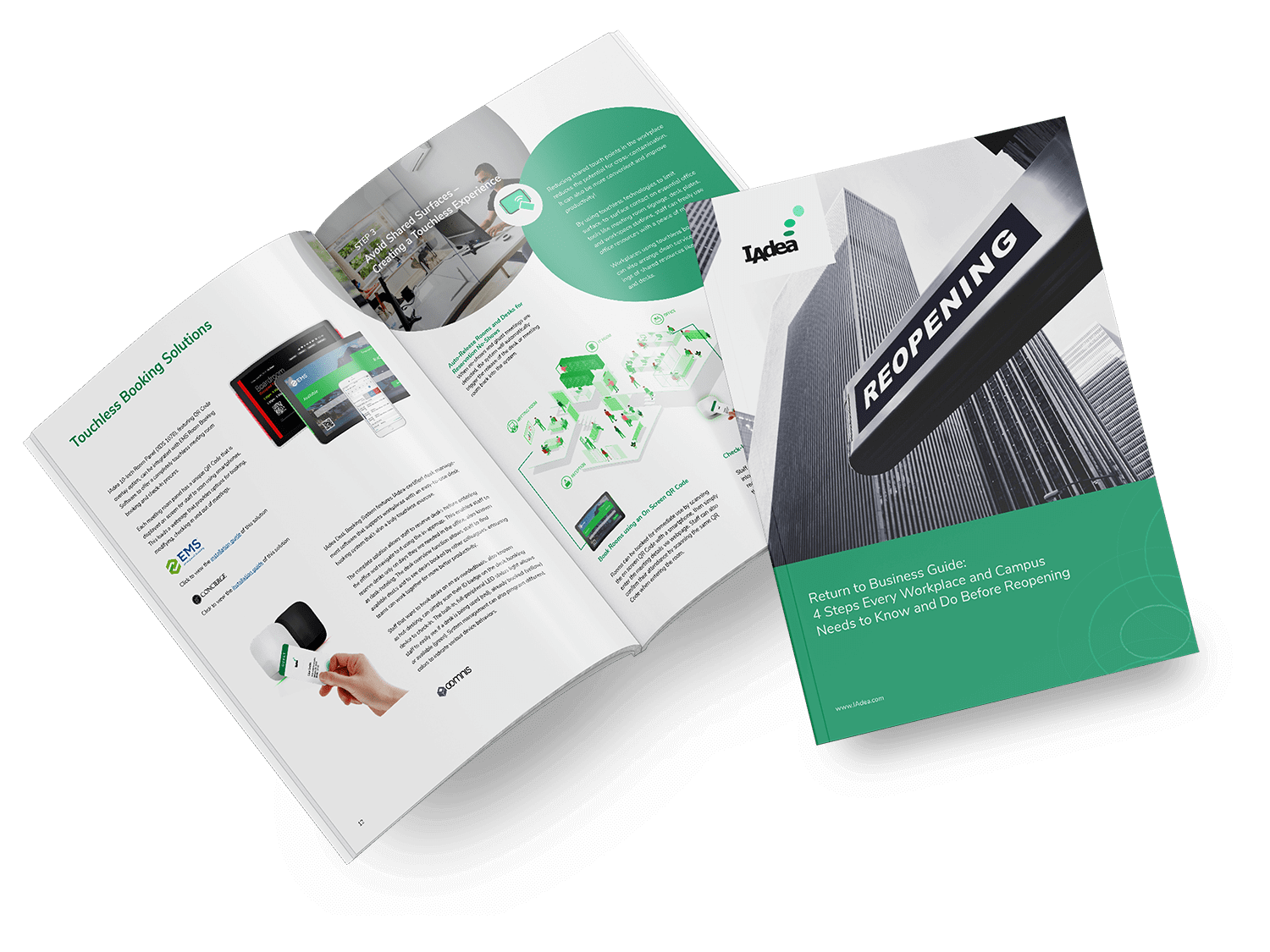China's Auto Market: Difficulties For Luxury Brands Like BMW And Porsche

Table of Contents
Intense Domestic Competition
The rise of powerful domestic Chinese car brands is significantly disrupting the luxury car segment. Companies like BYD, NIO, and Xpeng are rapidly gaining market share, leveraging competitive pricing, advanced technology, particularly in electric vehicles (EVs) and new energy vehicles (NEVs), and a keen understanding of Chinese consumer preferences. This intense domestic competition poses a major threat to established players.
- Aggressive Pricing Strategies: Domestic brands often undercut established luxury players, eroding the price premium that luxury brands traditionally enjoyed. This aggressive pricing strategy makes it harder for BMW and Porsche to maintain their profit margins.
- Rapid Technological Advancements: Chinese brands are rapidly innovating, particularly in electric and autonomous driving technologies. Their EVs often boast impressive features and longer ranges at more competitive price points than their foreign counterparts.
- Targeted Marketing and Branding: Chinese brands effectively target their marketing campaigns to resonate deeply with Chinese consumers, often highlighting features and aspects that are specifically valued within the Chinese market.
Shifting Consumer Preferences
The preferences of Chinese luxury car buyers are evolving rapidly. They are increasingly tech-savvy, demanding advanced technological features and personalized experiences. Brand loyalty, a cornerstone of many Western markets, is less entrenched in China. This shift necessitates a re-evaluation of traditional luxury branding strategies.
- Tech-Savvy Consumers: Demand for advanced driver-assistance systems (ADAS), connected car technologies, and electric powertrains is exceptionally high among Chinese consumers. Luxury brands must keep pace with these technological advancements.
- Prioritization of Technology and Personalization: Younger Chinese consumers prioritize technology and personalized options over traditional luxury brand prestige. This signifies a move away from the brand alone as the key selling point.
- Customization is King: The desire for unique and customized features is a crucial factor in purchase decisions. Luxury brands need to offer more flexibility and personalization options to stay competitive.
Regulatory Hurdles and Trade Tensions
Navigating the complexities of China's automotive regulations adds another layer of difficulty for international luxury brands. Import regulations, stringent emission standards, and potential trade tensions between China and other countries create an unpredictable environment. Government policies can dramatically affect market access and profitability.
- Import Tariffs and Taxes: Import tariffs and taxes significantly increase the cost of imported luxury vehicles, making them less price-competitive with domestically produced models.
- Stringent Emission Standards: Meeting China's increasingly stringent emission regulations requires substantial investments in research and development for compliant models. This places an added financial burden on luxury brands.
- Geopolitical Uncertainty: Geopolitical uncertainties and potential trade disputes can significantly influence market stability and consumer confidence, creating unpredictable market conditions.
Building Brand Awareness and Trust
Successfully establishing brand recognition and trust within the Chinese market demands tailored marketing strategies and a deep understanding of local culture. Luxury brands need to adapt their messaging and resonate with the unique values and preferences of Chinese consumers.
- Localized Marketing Campaigns: Localized marketing campaigns are essential for building brand awareness and establishing strong connections with specific target demographics within the Chinese market.
- Exceptional After-Sales Service: Strong after-sales service and effective customer relationship management are crucial for cultivating trust and brand loyalty among Chinese consumers.
- Strategic Partnerships and Influencer Marketing: Collaborations with local influencers and celebrities can dramatically enhance brand image and visibility, building trust and credibility among a broad audience.
Conclusion
China's automotive market offers immense potential, but it presents unique and significant challenges for luxury brands like BMW and Porsche. Intense domestic competition, evolving consumer preferences, regulatory hurdles, and the imperative to build brand recognition necessitate a highly adaptive and strategic approach. Success hinges on a comprehensive understanding of the local market's dynamics, a deep commitment to innovation, and carefully tailored marketing strategies. To thrive in this dynamic landscape, brands must develop robust strategies that address the specific opportunities and challenges within China's auto market. Understanding the nuances of this market is paramount for achieving long-term success and profitability.

Featured Posts
-
 The American Battleground Taking On The Worlds Wealthiest
Apr 26, 2025
The American Battleground Taking On The Worlds Wealthiest
Apr 26, 2025 -
 70 Million Blow To Auto Carrier Impact Of Us Port Fees
Apr 26, 2025
70 Million Blow To Auto Carrier Impact Of Us Port Fees
Apr 26, 2025 -
 Should You Return To A Company That Laid You Off A Practical Guide
Apr 26, 2025
Should You Return To A Company That Laid You Off A Practical Guide
Apr 26, 2025 -
 Us Port Fees To Hit Auto Carrier With 70 Million
Apr 26, 2025
Us Port Fees To Hit Auto Carrier With 70 Million
Apr 26, 2025 -
 La Fires Fuel Landlord Price Gouging A Selling Sunset Star Speaks Out
Apr 26, 2025
La Fires Fuel Landlord Price Gouging A Selling Sunset Star Speaks Out
Apr 26, 2025
